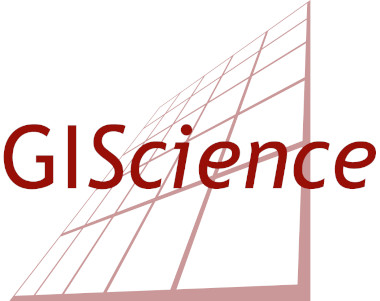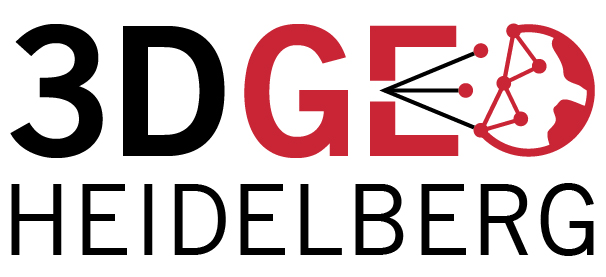Canada- picturesque mountains, craggy-coasts, vast untouched landscapes, diverse cultures- and a country that is increasingly supporting the use of open data. In this vein, last week the capital of Canada became a place for exchange, knowledge sharing and awareness building all around the use of open data to support humanitarian and disaster related purposes.
The week started with the annual gathering of the Missing Maps members, hosted by the newest member, the Canadian Red Cross, that just joined the members of the project as well as the International Federation of Red Cross and Red Crescent Societies and are a valuable enrichment to our group. The event provided the direct chance to meet a great part of the members in person and to exchange ideas all around Missing Maps, current and previous as well as planned projects, and the future and visions for Missing Maps.
The HOT Summit then followed as next highlight, the annual gathering of the Humanitarian OpenStreetMap Team (HOT) community, partners, supporters and organisations and all interested in OSM and the use of OSM data for humanitarian and disaster purposes. This year`s summit theme was “OpenStreetMap: Impact in Disaster and Development”, therefore a large focus of the presentations was on showing how mapping projects can have impact on the lives beyond the people mapping. The event provided the chance to learn about the various projects of HOT, the current and planned partnerships and challenges. Furthermore the Summit provided the possibility to meet the members of the international HOT community. Marcel Reinmuth of the GIScience Research Group/disastermappers heidelberg, gave an overview about the current work around MapSwipe. He presented results on data quality and new developments on the app backend and MapSwipe Analytics.
Melanie Eckle (HeiGIT/GIScience Research Group/disastermappers heidelberg) presented the preliminary results of the current collaborative project around Crowdsourcing post-earthquake building damage assessment with Stanford Urban Resilience Initiative, University of Colorado (Boulder), HOT, GFDRR on behalf of the Stanford team.
Videos of the presentations will be available online in a couple of weeks.
Melanie, Secretary of the HOT Board of Directors, furthermore took part in the in-person board meeting that was organized the weekend following the HOT Summit. The meeting provided the chance to discuss current projects, challenges and ideas all around the organization and community as well as the vision for HOTs future.






